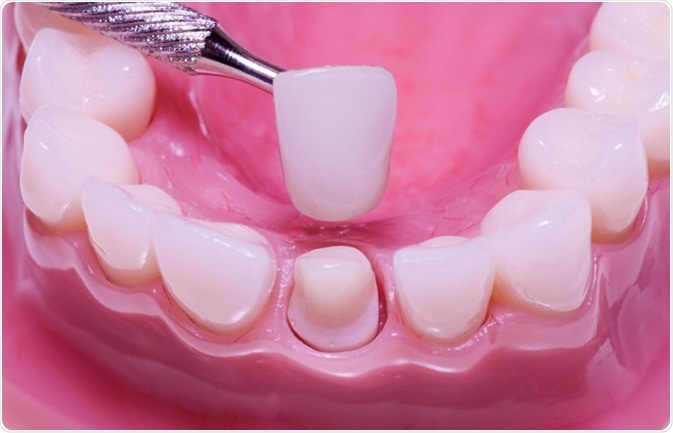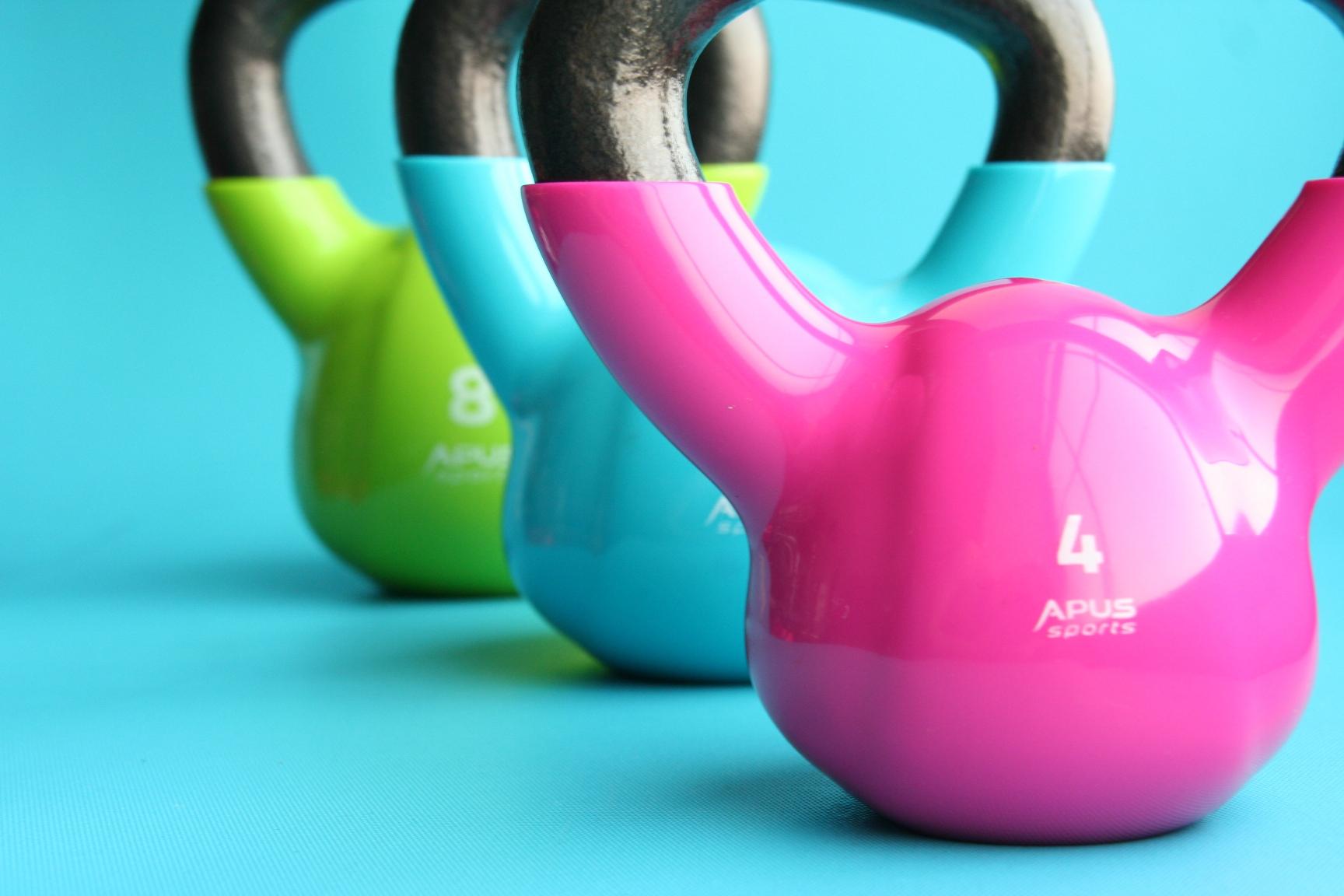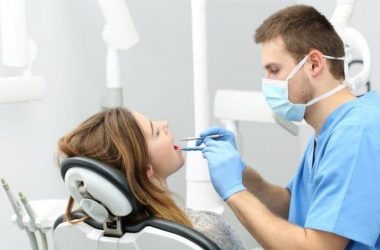 Sometimes, one’s teeth get damaged, or a crack happens, decayed and timely dental treatment is crucial. Few options like routine cleaning and filing do not work for all patients. Processes conducted under restorative dentistry assure that the teeth stay accurately aligned. Dental crowns are the perfect solution to these dental imperfections. A crown is a prosthetic device usually manufactured in a tooth shape covering a person’s natural tooth in a crown dental lab. Dentists find labs nearby through denture labs near me.
Sometimes, one’s teeth get damaged, or a crack happens, decayed and timely dental treatment is crucial. Few options like routine cleaning and filing do not work for all patients. Processes conducted under restorative dentistry assure that the teeth stay accurately aligned. Dental crowns are the perfect solution to these dental imperfections. A crown is a prosthetic device usually manufactured in a tooth shape covering a person’s natural tooth in a crown dental lab. Dentists find labs nearby through denture labs near me.
Reasons to get a dental crown:
- A loosened tooth after extreme decay/cavity
- To shield an implant
- To substitute a gigantic filling
- A natural tooth that is damaged/cracked
- To align one’s mouth bite
- To achieve a good smile.
- Enhance a discolored tooth.
- Harbor a dental bridge in place
Types And Average Cost of Dental Crowns:
Crowns come in different materials from crown dental labs, but the purpose is the same. The correct option differs from patient to patient, depending upon the appearance, longevity, and durability needed. Software like Cayster provide high-quality crowns. Cayster is a technology company handling inefficiencies in the dental enterprise. Now, one needs to get onto a search engine and type denture labs near me for more information.
- All-Porcelain Crown – $ 1300
- Porcelain-Fused-To-Metal Crown – $ 1000
- E-Max Crown – $ 1600
- Zirconia Crown – $ 1600
- Gold or Metal Crown – $ 1250
Procedure for crowns & bridges.
Both dental crowns are a two-visit procedure.
- First dental visit
A dentist examines the teeth with contemporary dental instruments during the first dental visit, and dental cleaning is performed. The dentist extracts a small part of the tooth(the damaged or cracked areas) to fit the Crown. The enamel in the gum is shaped up properly. Now, a dental impression of the teeth is taken for the crown dental labs to make permanent dental crowns. It takes two-three weeks approximately.
- Second dental visit
In the second visit, any temporary restorations are removed, and the permanent ones are cemented using special cement. The excess part of the cement is removed and teeth polishing.
A follow-up dental visit may be planned to estimate how the gums tolerate the dental restorations.
Temporary Dental Crown v/s Permanent Dental Crown
Be it a temporary dental crown or a permanent one; their aim is to protect one’s tooth that is repaired newly. One must get a procedure done in case of a degraded, cracked, or injured tooth. Now, if a patient opts for implants, it is typically a two-dental visit process. foremost, a temporary crown supplies instantaneous safety until the permanent Crown is prepared in dental labs.
Temporary Crown
As the name implies, temporary crowns are not prepared to last longer; hence, they are made of inexpensive materials, primarily synthesized resin or acrylic. Now, while installing a temporary dental crown, they are connected utilizing temporary adhesive to be easily removable when the time comes, approximately two-three weeks later. Denture labs near me are a sought option for dentists for dental labs nearby.
Even though these are temporary crowns, they are robust and adequate to withstand a distinct bite without disfiguring or falling apart. They are strong enough but can protect the tooth for a short time. They do not last very long.
Temporary crowns are fabricated of mainly two materials, metal or plastic, the ones with less substantial monetary value but are relatively cheap fabrics. They are lodged when the patients plan to have them substituted by permanent crowns. The permanent crowns are typically positioned after the mold between the patient’s teeth gets completed. This temporary solution can improve self-esteem and worry less about cracked, chipped, or damaged teeth.
Permanent Crown
A permanent crown is much more well-built than a temporary crown. A permanent dental crown is manufactured using ceramic/porcelain composites, stainless steel, gold, or platinum alloys. Now, the resilience of these materials deters the external shielding cover of resurrected teeth from chipping, cracking, or shattering.
Now, the dentist takes the impression of the teeth to prepare the permanent dental Crown to send it to a crown dental lab. Once the dental labs deliver the Crown to the dental practice, the dentist uses a supplementary-powerful adhesive to set the Crown eternally. This is done to ensure that the Crown prepared matches the opposing tooth and that the fitting is precise and accurate to the repaired tooth. As it is generally known, dental crowns are durable and last for a lifetime if properly taken care of or at least 5 to 15 years.
Most significant dental problems concerning the patient’s teeth demand a permanent crown. Now, as the dentist needs to create space to install the permanent Crown, the dentist files and shapes the tooth as required. Unlike temporary crowns, permanent crowns come in a span of comparatively better materials. The dentist also ensures it is aesthetically pleasing and color coordinated with the rest of the teeth.
Dental crowns are prepared in crown dental labs, and one can get more information through denture labs near me.

















